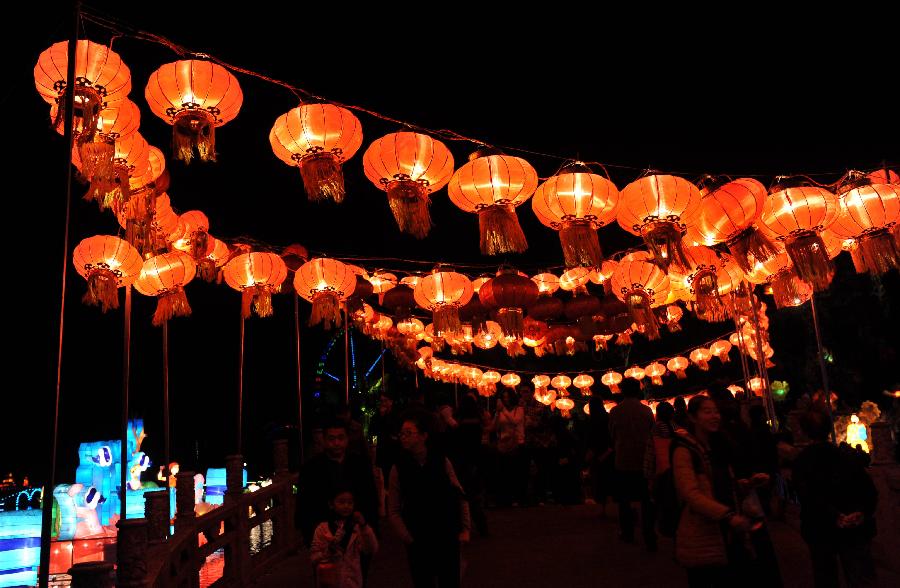
BEIJING, Feb 25 (Xinhua) -- China on Monday launched a pilot gross ecosystem product (GEP) evaluation system in Inner Mongolia's Kubuqi Desert, a new attempt at securing more balanced, sustainable development.
The scheme was introduced by the International Union for Conservation of Nature (IUCN) and the Elion Green Foundation, and Kubuqi, China's seventh-largest desert, will be the first pilot area.
The GEP, created and advocated by the IUCN, is meant to be an accounts system that corresponds to the gross domestic product (GDP) and measures the status of an ecosystem.
It will reflect ecological conditions by tallying the gross product of both natural ecosystems, including forests, deserts and wetlands, and artificial ones such as farmland, pastures and aquaculture farms.
The GDP indicator is not sufficient for judging development qualities, as it is likely to leave out the effect economic development has exerted on the environment and underestimate the value of ecological construction and restoration projects that usually take a long time, said Huang Yi, an environmental sciences professor at Peking University.
Under the GDP evaluation, the more-than-10-billion-yuan (1.6 U.S.dollars) investment China Elion Resource Group issued to make the Kubuqi Desert greener over the past two decades would have been deemed a poor deal, Huang said, using the environmental-focused group as an example.
However, under the GEP system, the value of Kubuqi's ecosystem has soared from negative territory to more than 30 billion yuan over the past 20 years, according to Huang.
The pilot is significant in testing whether the GEP is scientific and feasible, and the trial paves the way for integrating the GEP into the national accounts system and introducing it globally, said Zhang Xinsheng, president of the IUCN.


















![]()
